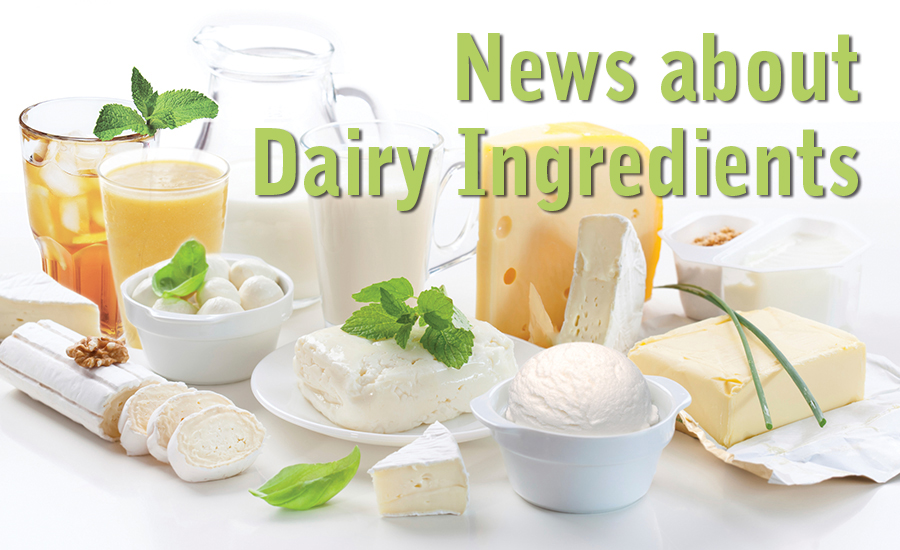Thanks to a pending lawsuit and possible federal legislation, the headlines in recent weeks are about the battle over mandatory labeling of foods containing genetically modified organisms (GMO).
While most food companies hope that the legislation or the litigation will deliver us from the nightmare of state-by-state labeling requirements, the fact is that there is no time to wait if you sell products in Vermont, the first state to mandate GMO labeling.
Vermont‘s effective date for compliance is July 1, 2016. So now is the time to consider how to comply with the complex and often confusing requirements of the new law. Vermont’s GMO labeling law is not straightforward. The law is riddled with exemptions and includes strict recordkeeping requirements, all of which dairy food companies must consider when developing a compliance strategy.
Requirements and exemptions
The law requires foods produced wholly or in part by genetic engineering to be sold at retail in Vermont with a GMO declaration. While there are some exceptions that relate to dairy products, it is important to understand what the law requires before you determine if your products are exempt. The law prohibits you from using the term natural if the food contains any GMO ingredient, even if the product falls under an exemption. Failure to comply can trigger a fine of up to $1,000 per day for each product with a unique label.
Foods sold in Vermont that contain GMOs must be labeled with one of three disclosures:
1. If a product contains less than 75% food produced with genetic engineering by weight, the product may bear the declaration “Partially Produced with Genetic Engineering.”
2. If the manufacturer does not know, after a reasonable inquiry, whether the food contains ingredients produced with genetic engineering, a product may bear the declaration “May be Produced with Genetic Engineering.”
3. All other products must bear the declaration “Produced with Genetic Engineering” if they do not qualify for the “Partially” or “May be” declarations.
The law also contains several exemptions that allow food producers to avoid labeling their products; these exemptions include animal products, organic foods, enzymes, foods that contain GM ingredients that make up less than 0.9% of the food’s weight and more. It is important to understand each of the exemptions before deciding on your compliance strategy.
Dairy products and the law
You may ask yourself: If animal products are exempt, why do dairy companies need to be concerned? While it is clear that Vermont attempted to exempt dairy, inartful drafting for both the law and regulation did not outright exempt dairy products. As with all laws, the devil is in the details.
Breaking down the exception, it clearly states that only products that are derived wholly from animal sources are exempt even if the animals are fed GMO crops or administered a GMO substance. This means that only some dairy products would be exempt from the requirements. For example, unfortified white milk from cows fed GMO crops or given a vaccine would be exempt, but flavored milk that uses a GMO sweetener, such as sugar from sugar beets, would not necessarily be exempt.
Compliance strategies
To comply with Vermont’s law, you need to start by reviewing your supply chain. It is important to start here because it will help you understand which products will need careful recordkeeping to assure compliance. This means reviewing which of your products are sold in Vermont, determining which, if any, ingredients in those products may contain GMOs, and then considering how to label.
Dairy companies also have to comply with the law’s recordkeeping requirements, even if they have determined that their products are exempt from the labeling requirement and do not need to bear the mandatory GMO warning.
The law requires food manufacturers to demonstrate compliance with the law for three years after the date the food is sold. Companies must have documents showing that food was properly labeled when offered for sale. This could include a copy of the label, documents that support a claimed exemption and documents proving that the food is not knowingly or intentionally produced with genetic modification.
Companies will also need to review their labeling and advertising for the terms “natural,” “naturally made,” “naturally grown,” “all natural,” “naturally” or “nature” to ensure that products that contain any GMO ingredients do not use those terms. This could require companies to make Vermont-specific labels to remove those terms.
With hefty fines for failing to comply with the law, dairy food companies that sell products into Vermont should begin this review now as the product assessment, labeling update and product distribution all must be completed prior to July 1, 2016. IDFA is available to help member companies understand these new and confusing requirements.




